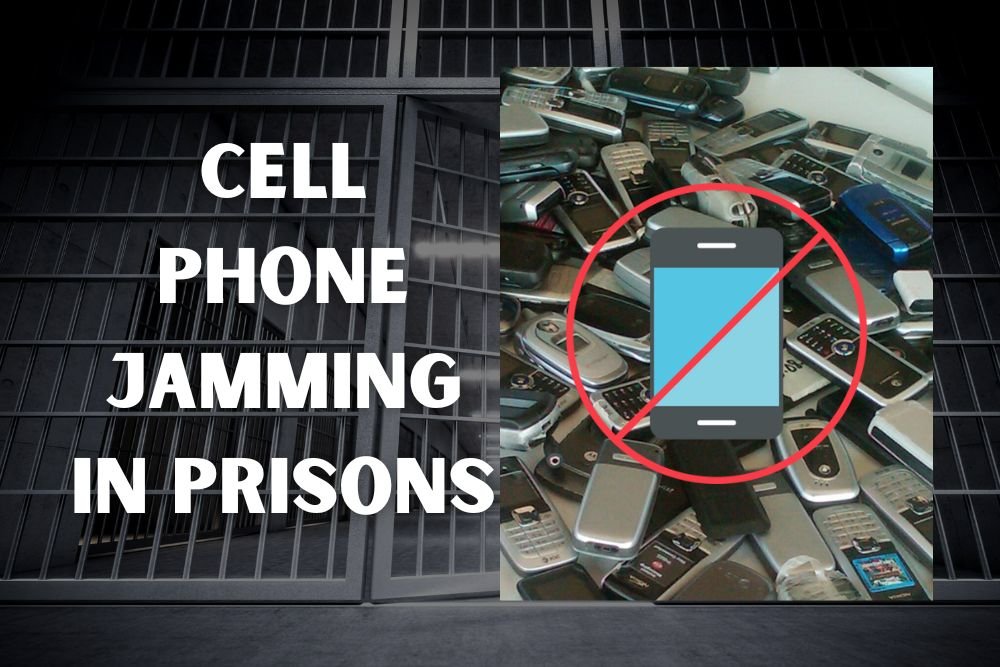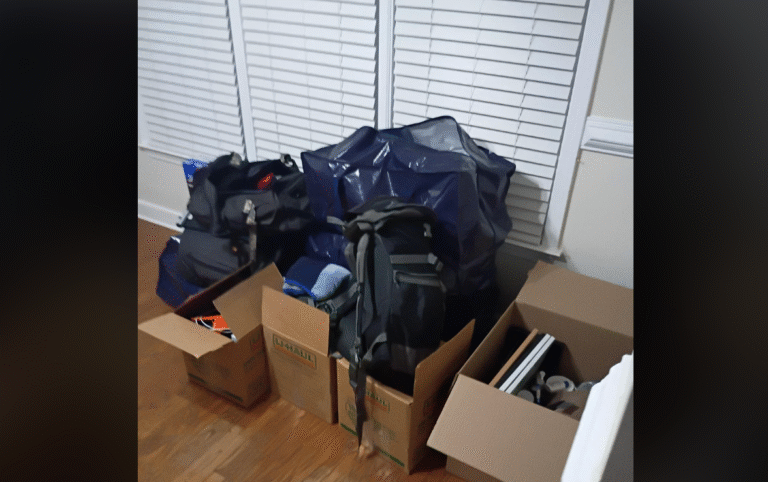South Carolina Praise FCC Move to Allow Cell Phone Jamming in Prisons
COLUMBIA, S.C. — South Carolina leaders are applauding a major step forward in their decades-long fight to eliminate contraband cell phones from prisons, as the Federal Communications Commission (FCC) prepares to vote on a proposal to let states jam signals behind bars.
FCC Takes Historic Step
The FCC, under Chairman Brendan Carr, announced it will vote later this month on whether to allow states to jam illegal cell phone signals in prisons. Current law only permits the federal government to interfere with signals under the Communications Act of 1934.
South Carolina’s Bryan Stirling, U.S. District Attorney and one of the nation’s leading advocates on the issue, said he was “stunned and happily so” by Carr’s move, noting he has pushed for this authority for over a decade.
Why Contraband Phones Are a Threat
The South Carolina Department of Corrections (SCDC) reported seizing about 2,600 illegal phones in 2024, with 300 confiscated just last month. Officials say inmates use the devices to traffic drugs, organize crimes, and even order hits outside prison walls.
Corrections Director Joel Anderson emphasized the risk: “It’s not a joke. This is not a game that we play. State prison should be able to interfere and jam cell phones. It’s a matter of public safety.”
Stirling pointed to a case where Captain Robert Johnson, a contraband officer at Lee Correctional, was nearly killed after inmates used phones to orchestrate an attack at his home.
Technology and Implementation
Some prisoners receive phones through corrupt officers or via drones flying over 60-foot nets, dropping devices into secure facilities.
Stirling tested jamming technology as early as 2017 and said South Carolina has systems ready to launch if the FCC approves. “We could act fast, and basically just flip a switch,” he said.
Pushback and Next Steps
Opposition is expected from major cellular providers like AT&T and Verizon, who argue against disrupting signals. But Stirling countered: “This is not an authorized signal, because it’s in the hands of an inmate behind bars.”
If approved, the change would make contraband phones useless nationwide, and leaders in South Carolina believe momentum is strong: “When it goes to vote, there’s not going to be much opposition. This is nationwide and it’s everywhere,” Anderson said.
Do you think states should have the power to jam illegal cell phone signals in prisons, even if big telecom companies object? Share your thoughts with us at SaludaStandard-Sentinel.com.







